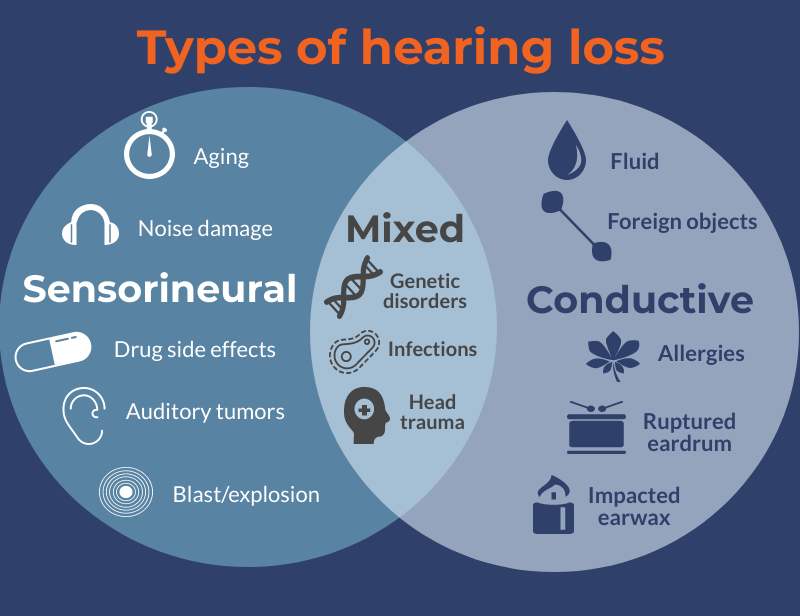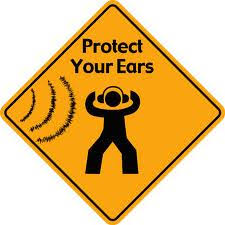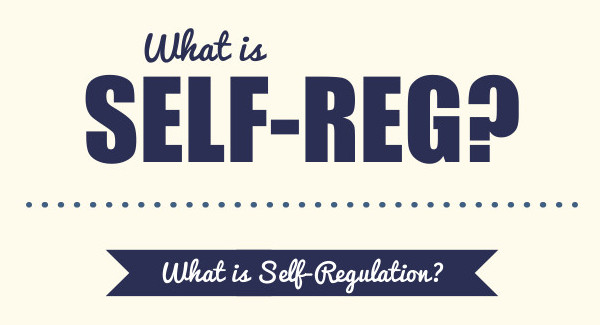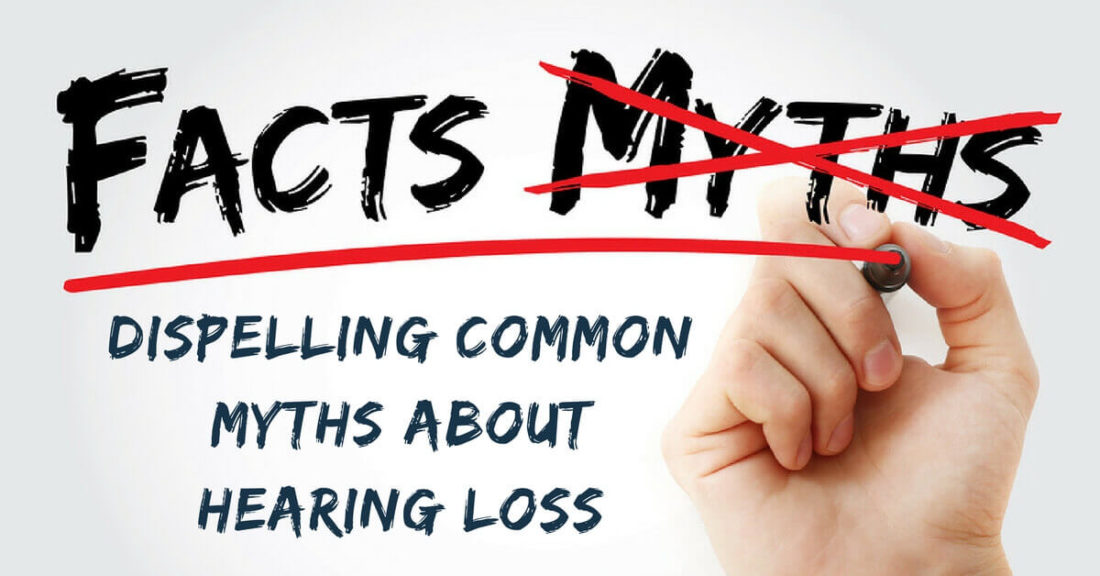Stages of Guessing
The 4 Stages of Guessing We've all experienced guessing during a conversation. You're in a crowded room and it's loud, your attention was on something else for a moment, the person talking turned their head, etc. and a piece of information was missed, so you guess. However, when you add hearing loss to the equation, guessing becomes more of a common occurrence. Guessing happens in stages and these can be a slow progression. When we start guessing more than 50% of the time is when it becomes a problem. So, let's look a the stages of guessing. Stage 1: Guessing Correctly At this stage, you might be guessing a few words here and there and getting them right. Soft sounds like 'z,' 'v,' and 'p' may be becoming harder to hear. This one I think almost everyone has experienced. Some sounds when heard sound very similar, but we can usually glean enough from the context of the conversation to guess the word correctly. With a mild hearing loss, some sounds may be harder to hear, but you can typically follow the conversation with very little problem. Stage 2: Guessing Incorrectly Are you guessing at what people are saying most of the time but guessing part of the word correctly or guessing a similar word? At this stage, more sounds are becoming difficult to hear like 'j,' 'm,' 'd,' and 'b.' This is because all of the sounds made in the English language fall into a very specific pattern of where we...










Recent Comments